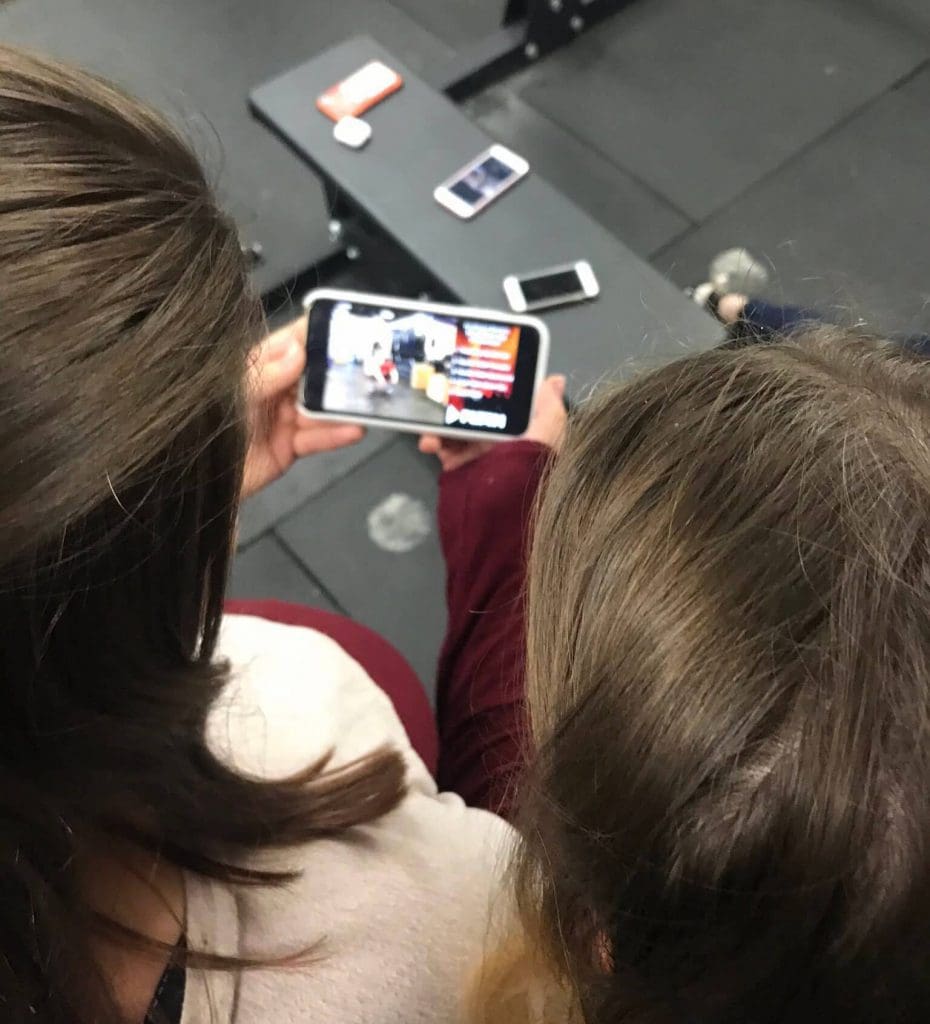Cell phones have become an integral part of modern life, with most people using them not only for communication but also for a wide range of activities such as socializing, entertainment, and even education. While there is a debate about the potential negative effects of cell phone use, particularly on young people, there is also a growing recognition that cell phones can be powerful educational tools.
One of the main advantages of using cell phones for education is their ubiquity and accessibility. Most people, especially young people, already have a cell phone and are familiar with using them, which makes them an ideal platform for delivering educational content. With the proliferation of mobile apps and online learning platforms, it is now possible for students to access educational materials and resources from anywhere, at any time. This can be particularly useful for students who are unable to attend traditional schools or who have busy schedules, as they can study and learn at their own pace.
Another advantage of using cell phones for education is their ability to engage students and keep them motivated. Many young people are highly adept at using technology and are more likely to be engaged in activities that involve the use of cell phones and other devices. This can help to make learning more enjoyable and can increase students' motivation to learn. In addition, cell phones can be used to gamify learning, making it more interactive and engaging for students.
Cell phones can also be used to facilitate collaboration and communication among students. With the use of messaging apps, social media, and other communication tools, students can easily connect with each other and work together on projects and assignments. This can be particularly useful in virtual or distance learning situations where students are not able to meet in person.
There are also a number of educational apps and resources available for cell phones that can help students to learn and develop new skills. These can include language learning apps, educational games, and resources for subjects such as math, science, and history.
Of course, it is important to use cell phones for education in a responsible and balanced way. Too much screen time can be detrimental to students' health and well-being, and it is important to set limits and encourage students to take breaks and engage in other activities. It is also important to ensure that students are using reputable and reliable sources of information, as the internet can be a minefield of misinformation.
In conclusion, cell phones can be powerful educational tools that can help to engage and motivate students, facilitate collaboration and communication, and provide access to a wide range of educational resources. However, it is important to use them responsibly and in a balanced way.






